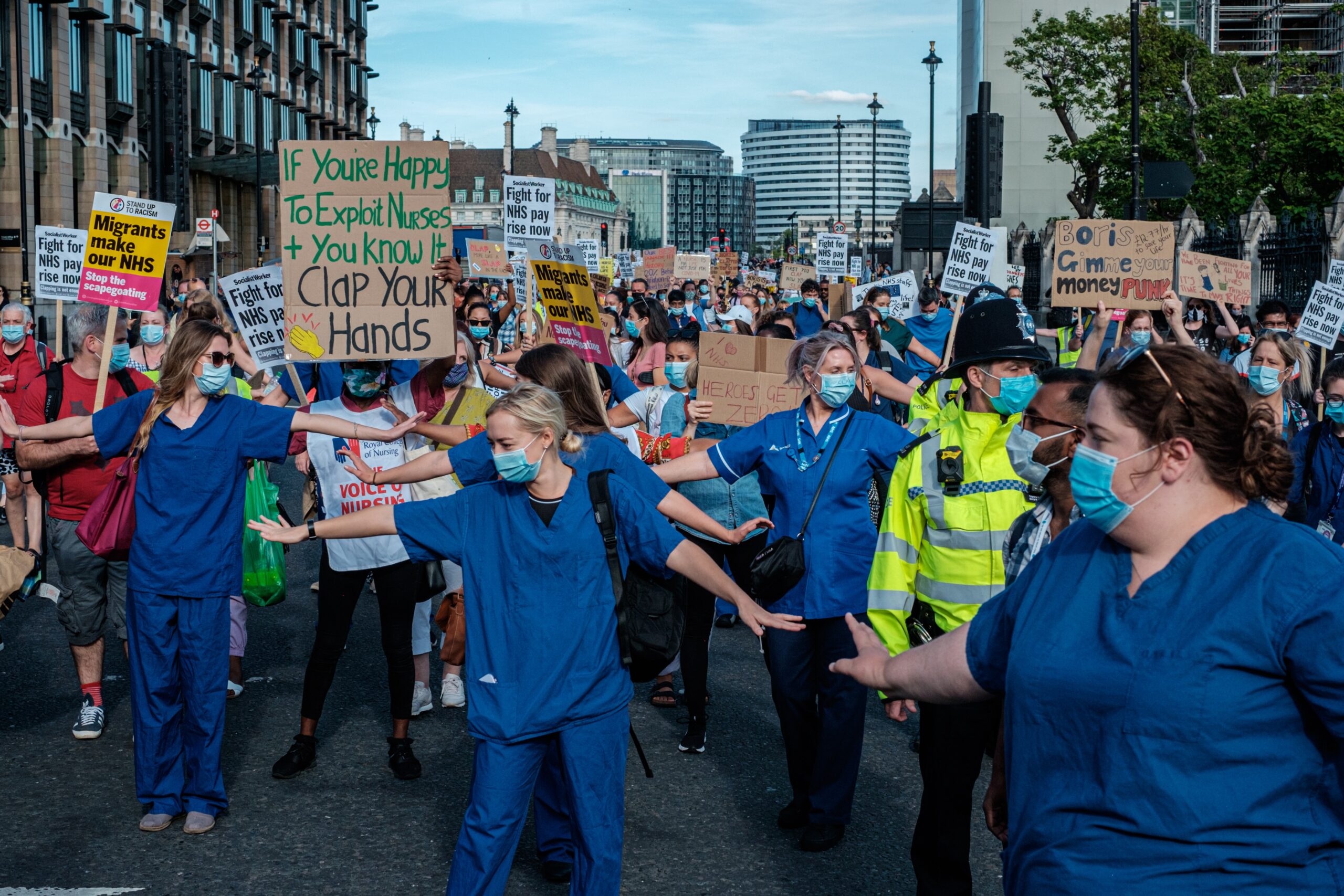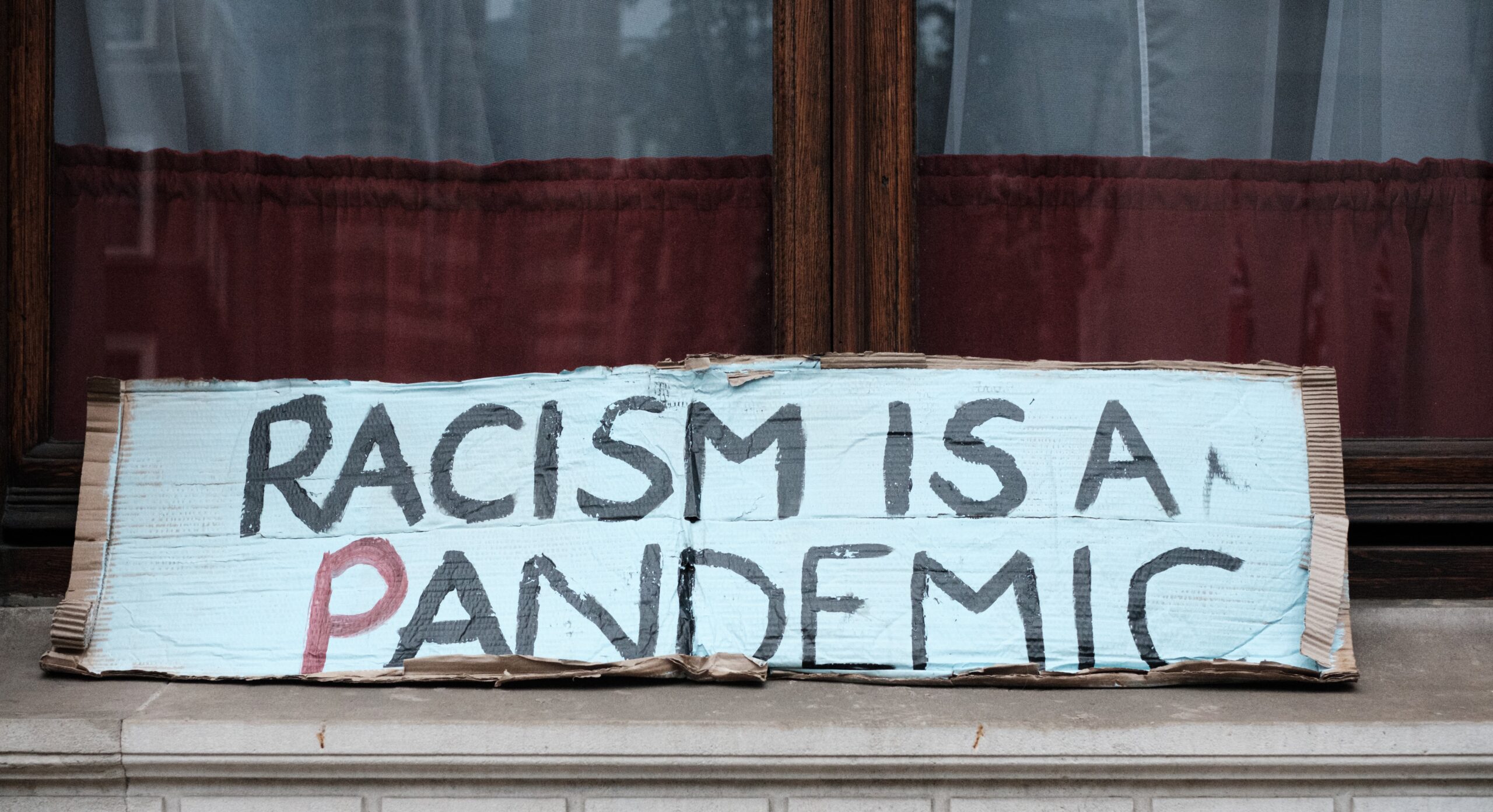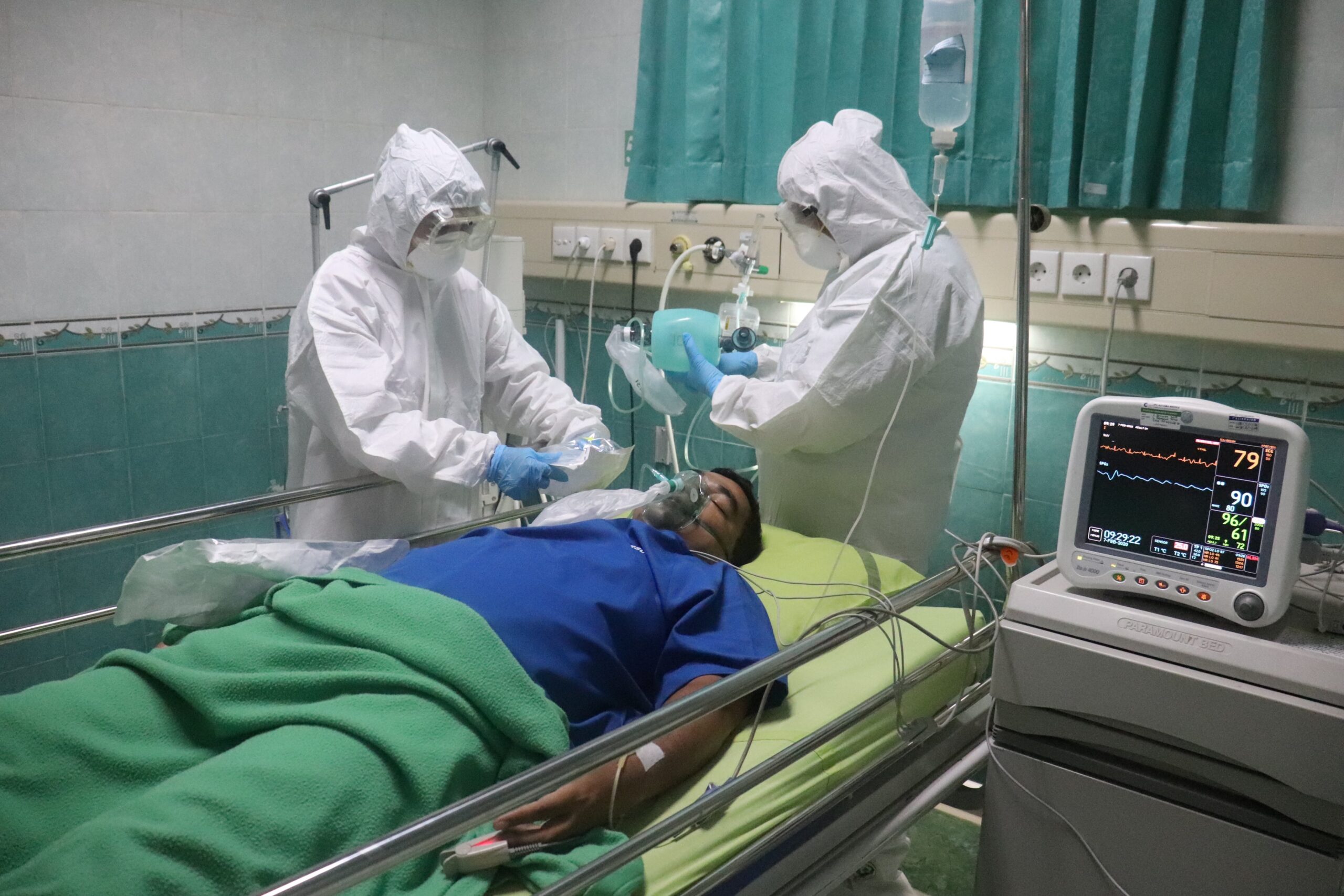On 2nd December 2020, the UK Government announced that it would be the first country in the world to approve the use of the Pfizer/BioNTech COVID-19 vaccine, following regulatory approval by the Medicines and Healthcare products Regulatory Agency. By contrast, the European Medicines Agency has urged caution in moving forward too quickly with the approval process, and will only decide by December 29th whether to provisionally authorise the vaccine.
Leave a CommentTag: Covid-19
While draconian government action such as this week’s lockdown raises important concerns, the bigger question must be: what are the human rights implications of the UK government’s serial inaction in the face of the COVID-19 crisis?
Leave a CommentType “kung flu” or “Chinese virus” into your search engine—how many results do you get? By my last count, both search terms combined return over 1 billion results. Though the WHO officially termed the novel coronavirus“COVID-19” in February 2020, this measure did not deter people from continuing to use these slurs and to justify attacks against Asian people. Since news of the coronavirus first began making headlines, there has been a documented rise in acts of anti-Asian discrimination, with people reporting being yelled at, spit at, bullied, verbally assaulted, threatened, and attacked.
Leave a CommentPatient-doctor discussions surrounding do not attempt cardio-pulmonary resuscitation (DNACPR) orders amidst the COVID-19 pandemic have caused widespread, understandable panic in the UK, set against a backdrop of proportionately higher elderly deaths, discussions surrounding resource allocation (particularly with reference to ventilators), and emerging stories of rising care home deaths. Here, we highlight how current debates surrounding DNACPRs – and advanced care planning more generally – raise important lessons for the future surrounding how we might improve when clinicians and patients have these discussions in the process of care.
Leave a CommentAt the start of every public health ethics course I teach, I give my students a list of questions to explore, but leave the most important one until last: ‘What kind of society do we want to be?’ I want them to circle back to this thought, no matter the topic, to instil in them the understanding that public health practice and policy are always based on value judgments. Our job, as ethicists, is not always to provide the right answer, but to clarify the values and interests embedded in our decision making.
Leave a Comment



